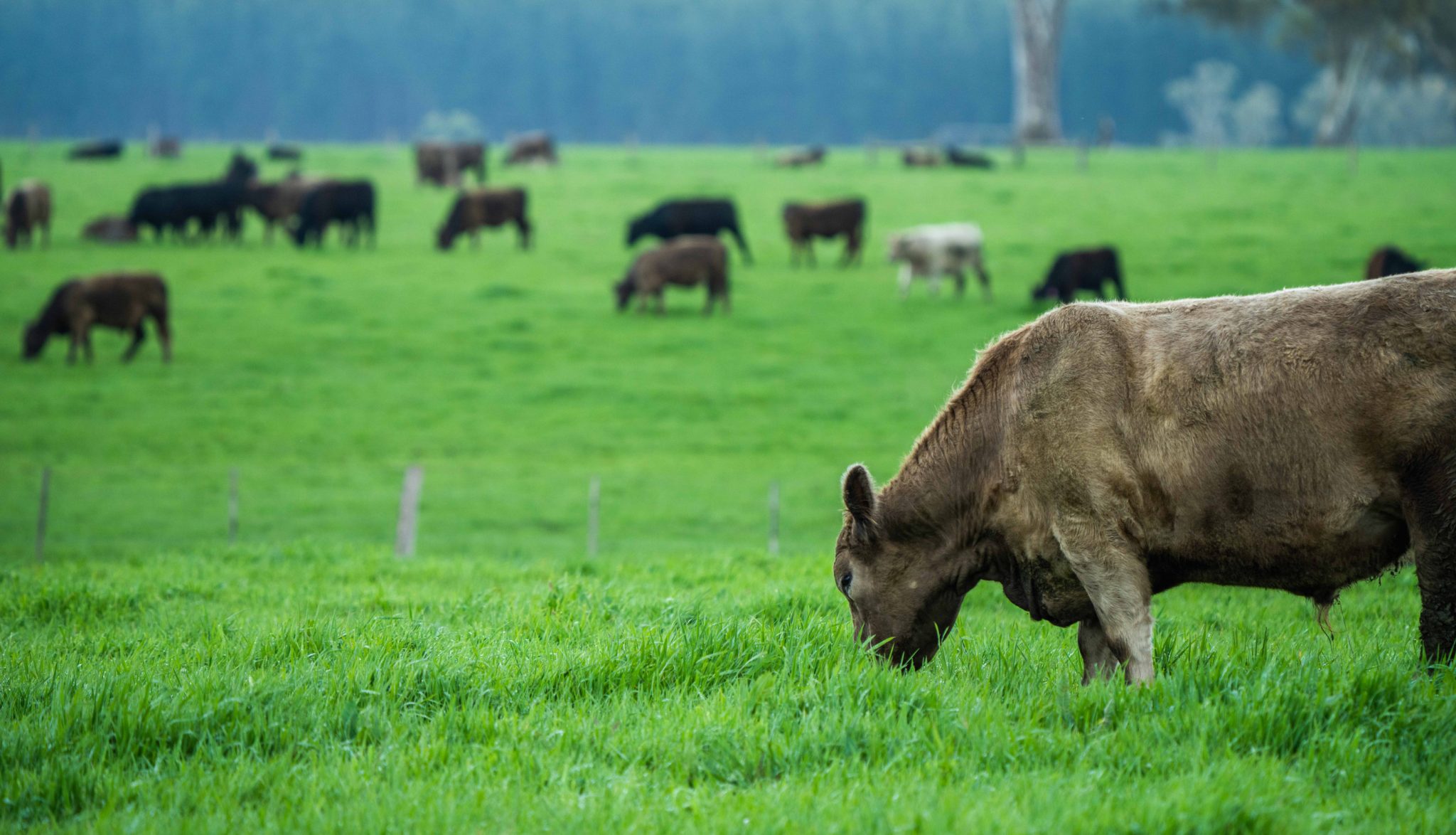Cow and sheep burps are huge emitters of methane — which is over 80 times more efficient than CO2 at trapping heat in the atmosphere. But while livestock is the main contributor to the agriculture sector’s emissions, they are often excluded from emissions trading plans. Soon, that will no longer be the case in New Zealand.
Pricing livestock burps
The country’s government has recently put forward a proposal that seeks to price agricultural emissions from belching cattle and sheep. The aim is to put a dent in of the country’s largest sources of greenhouse gases. If it gets implemented, New Zealand will become the first country in the world to require farmers to pay for their livestock’s emissions, said the Ministry for Environment.
A large agricultural exporter, New Zealand has about 10 million cattle and 26 million sheep. Meanwhile, its population only numbers 5 million people. About 50 percent of its total greenhouse gas emissions come from farming, particularly methane. With that said, agricultural emissions have so far been excluded from the country’s emissions trading strategy.
The government devised the proposal together with farm community representatives. As part of the plan, farmers will have to pay a fee for their livestock’s belch emissions from 2025 onwards. Farm gas will be subject to different prices, depending on whether it’s short- or long-lived, reports Reuters.
“There is no question that we need to cut the amount of methane we are putting into the atmosphere, and an effective emissions pricing system for agriculture will play a key part in how we achieve that,” Climate Change Minister James Shaw said.
Incentives for farmers to reduce their emissions
As part of the plan, farmers will be able to benefit from incentives by reducing their emissions through feed additives or on-farm forestry. The proceeds collected through the scheme will go into research, development, and consulting services for farmers, reports Reuters.
“Our recommendations enable sustainable food and fiber production for future generations while playing a fair part in meeting our country’s climate commitments,” said Michael Ahie, chair of the primary sector partnership, He Waka Eke Noa.










